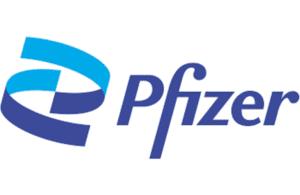 An experimental oral antiviral from Pfizer that recently became the focus of a Phase 1 study was featured at the American Chemical Society Spring 2021 meeting.
An experimental oral antiviral from Pfizer that recently became the focus of a Phase 1 study was featured at the American Chemical Society Spring 2021 meeting.
Known as PF-07321332, the compound is a protease inhibitor. It works by binding to a viral enzyme known as protease to block viral replication.
Protease inhibitors are used to treat HIV/AIDS and hepatitis C, but PF-07321332 is the first oral protease inhibitor to target the SARS-CoV-2 virus.
Protease inhibitors are generally well tolerated. Side effects of protease inhibitors, in general, can include diarrhea, nausea and vomiting and insulin resistance.
Pfizer has also developed PF-07304814, a similar protease inhibitor, but that compound is intended for intravenous use.
Eli Lilly and Regeneron have developed infusion-based SARS-CoV-2 antibody drugs, but they have not been broadly used.
PF-07321332, if authorized, could be prescribed when the first symptoms of COVID-19 emerge.
Pfizer created PF-07321332 during the pandemic, first synthesizing it in July 2020.
In later tests, the compound displayed strong in vitro antiviral activity against SARS-CoV-2 and other coronaviruses.
Its broad-spectrum efficacy could make it effective against future coronavirus-associated pandemics.
Pfizer estimates that the Phase 1 trial of the drug will be completed by May 30.